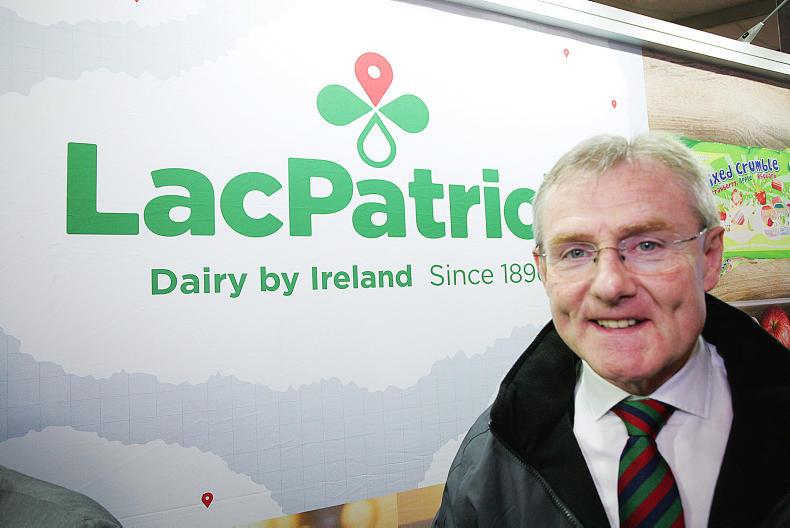Speaking to the Irish Farmers Journal this week, D’Arcy said a recovery in milk production in major dairy countries has been more rapid than initially anticipated.
Milk collections across the EU have fallen for seven consecutive months to February, while milk flows are estimated to be back by 3% year-on-year. However, the decline in output has eased with the average farmgate milk price rising by 29% since July.
“I would be generally optimistic,” he said. “What we have seen is a more rapid recovery in milk production than was expected. We wouldn’t have expected, for instance, that the English milk producers would be back up and increasing. We didn’t expect that the German and the French milk production would have rebounded so much,” D’Arcy said.
“We knew about the Dutch scenario and we probably did know that in the Republic of Ireland (milk production) would be quite strong, but we didn’t realise that New Zealand would be not as bad as expected … we knew America was going to be strong in terms of milk output,” he added.
In New Zealand, production has recovered up to February and March, but the recent floods in Bay of Plenty will hit production there. The US continues to turn on the pumps, with production up 2.3% in February to 7.36bn liters, which is greater than the total Irish milk production for a year.
Figures from the United States Department of Agriculture (USDA) show that cow numbers increased by 56,000 from February 2016 to 9.37m head. This represents an increase of 4,000 head from January 2017. The US dairy herd is at its highest since the 1980s.
All of these things have fed into the general softening of markets.
The buyers have interpreted this recovery as an opportunity to negotiate the prices down.
However, despite all of these factors, D’Arcy is remaining confident on the price front.
“On the positive side, oil price is, thankfully, showing signs of recovery, which would be positive.
“I think milk prices might soften a little bit in the mid part of the year, but I do think that they will not go back to anything like where we have been.
“We had predicted 24p to 26p/litre, in around the 30c to 31c/l [mark], and that’s what we have more or less pencilled into our budgets. It might be on the lower end of that, but it will still be in those price ranges.”
Read more from the interview with Gabriel D’Arcy in next week’s Irish Farmers Journal.
Listen to "LacPatrick chief predicts softening of milk price" on Spreaker.
More EU countires place SMP into intervention






 This is a subscriber-only article
This is a subscriber-only article










SHARING OPTIONS: